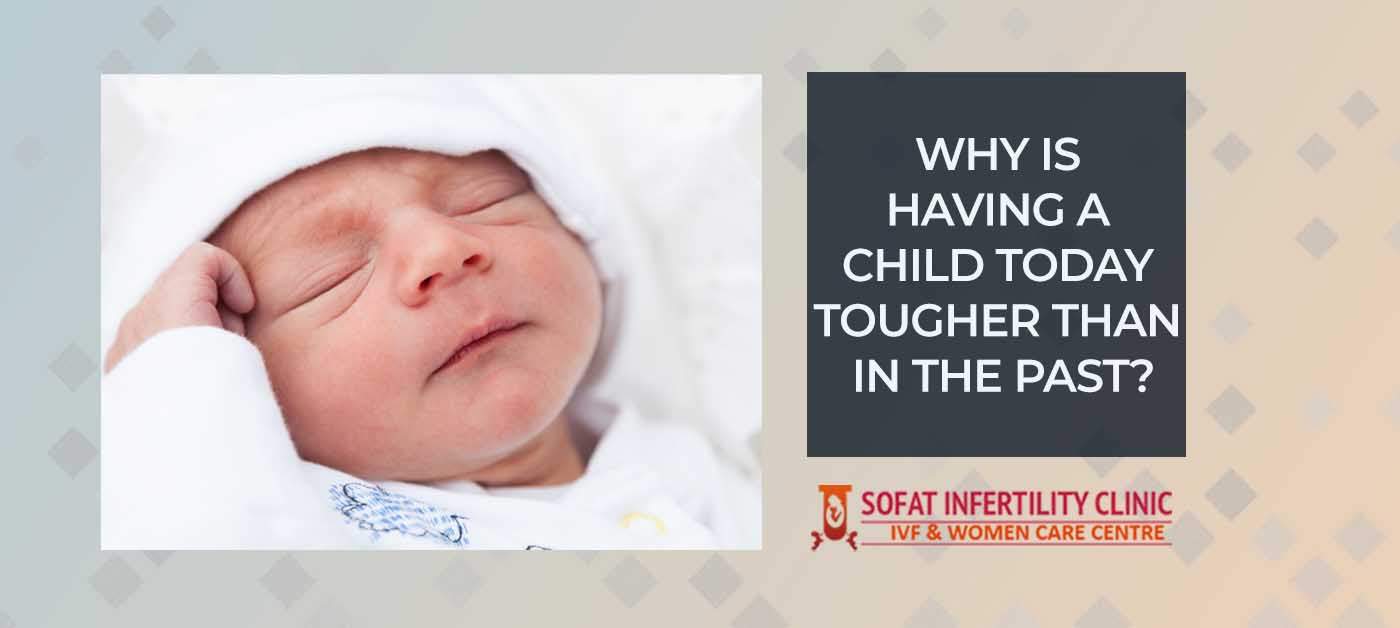You may never want to listen to any news regarding infertility as every detail appears to pierce deeply than anything else, but it’s quite important for awareness. Although the concerned global organizations were mainly focusing on controlling the escalating rate of population, their focus is currently diverting to the soaring rates of conception issues.
Infertility is a worldwide issue impacting both psychological and physical tolls on couples. According to the recently conducted study in India, it was found that ovary-related problems are a major cause of infertility in Indian women. This takes up a percentage of 40, and tubal issues come next at 24%. A variety of factors work silently to trigger both ovary-related problems and tubal infection, but notable among them include infection like PID, premature ovarian failure, abortion, poorly treated female reproductive diseases, and endometriosis.
To add to that, uterine factors, pelvic problems, cervical factors, and a combination of factors are also diagnosed in childbearing women.
As female infertility still remains a major concern, males aren’t also spared as the latest studies indicate how sperm counts have receded over the last 30 years. Environmental pollution, stress, and industrial factors have been confirmed as the commonest causes of male infertility.
What to Do?
Modern lifestyle, the standards of living, and problems can’t be ignored as they significantly influence people’s decisions. Similarly, many women have had to live an independent life, only to desire parenthood in the later age. Unlike decades back, a number of environmental, medical, and lifestyle factors contribute to infertility rates.
Controlling pollution, exposure to industrial chemicals, and consuming healthy and fresh foods are some of the crucial fundamentals to taming or eliminating infertility cases in both women and men. Living a healthy lifestyle and engaging in a variety of physical exercises are other approaches to bypassing infertility cases.
Meanwhile, researchers are also dedicated to coming up with effective treatment procedures for infertile women or couples since advanced infertility treatments like IVF, and ICSI still remain expensive to 60% of Indian couples. On the other hand, research in female contraceptive medicine has led to remarkable outcomes when it comes to drugs used to treat female infertility.
All in all, women must prioritize gynaecology checkups and somehow comprehensive diagnosis approaches to bypass extreme factors or diseases that can trigger infertility. It is also important to attain several ways of understanding your body in order to schedule timely gynaecology visits.

